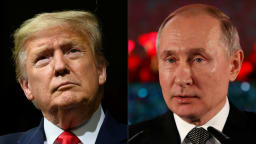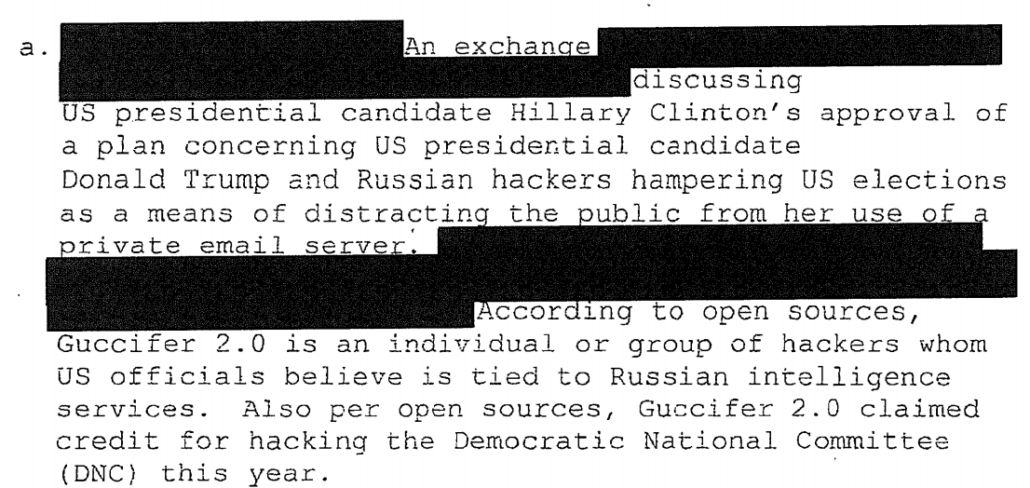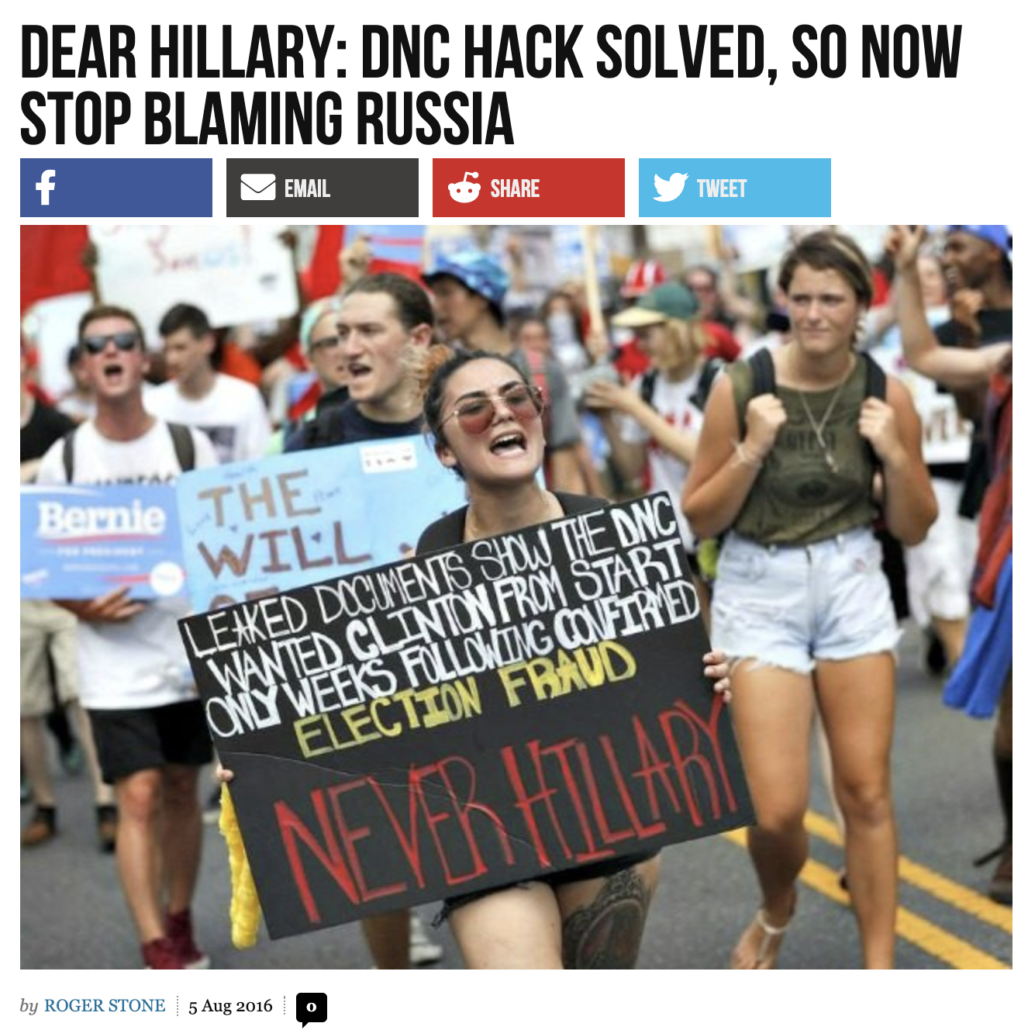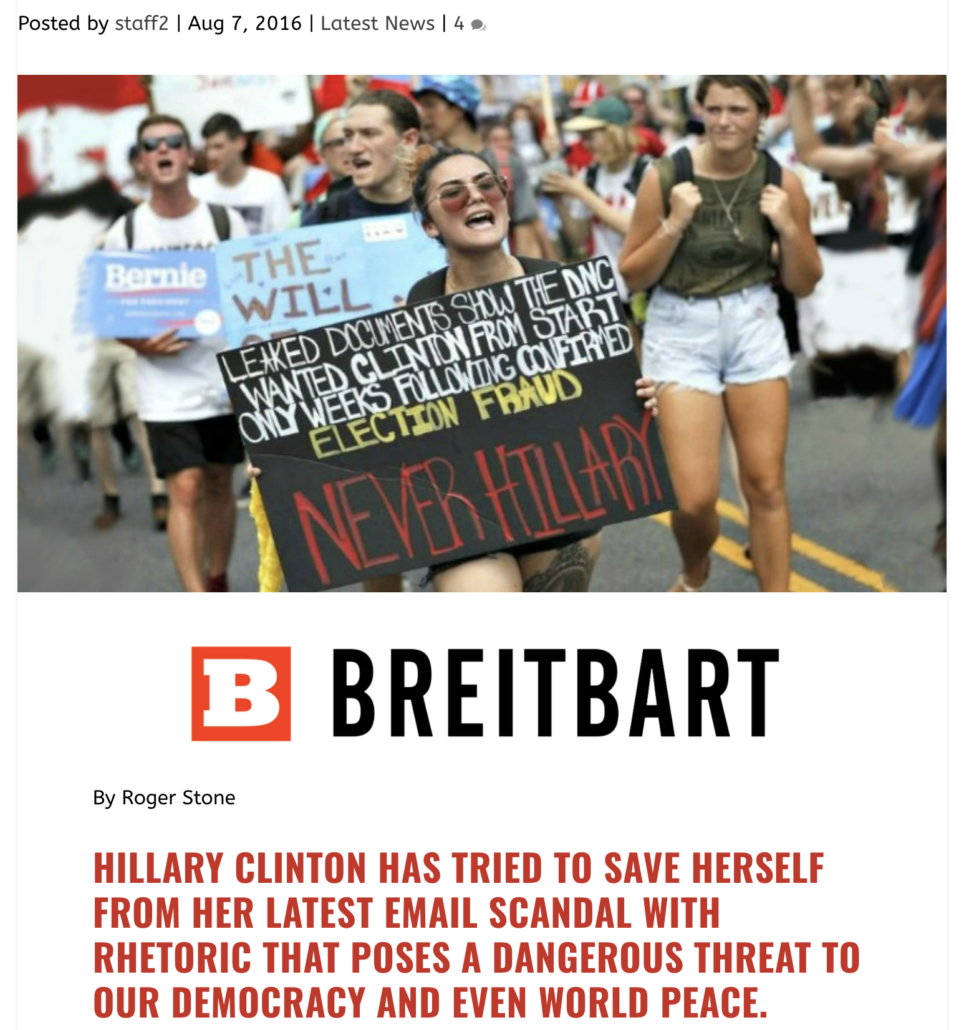
McMaster, Mostly Silent Until Now, Says Trump Is ‘Aiding and Abetting Putin’s Efforts’
McMaster, Mostly Silent Until Now, Says Trump Is ‘Aiding and Abetting Putin’s Efforts’
“This sustained campaign of disruption, disinformation, and denial, is aided by any leader who doesn’t acknowledge it,” President Trump’s former national security adviser said.
By David E. Sanger
Oct. 1, 2020

“This sustained campaign of disruption, disinformation and denial is aided by any leader who doesn’t acknowledge it,” said H.R. McMaster, the president’s former national security adviser and a retired lieutenant general.Doug Mills/The New York Times
The retired Lt. Gen. H.R. McMaster became the latest of President Trump’s former aides on Thursday to declare that the president was aiding Russia’s disinformation campaign by failing to acknowledge how President Vladimir V. Putin was trying to manipulate American voters.
“He is aiding and abetting Putin’s efforts by not being direct about this,” Mr. McMaster, a former national security adviser who is now a fellow at the Hoover Institution at Stanford University, said in an interview on MSNBC. “This sustained campaign of disruption, disinformation and denial is aided by any leader who doesn’t acknowledge it.”
Compared with some other former national security aides, Mr. McMaster has been mostly reluctant to criticize the president, with whom he split in early 2018after a year in the post. He has declined to sign letters written by other Republicans and former military officers rebuking Mr. Trump, and his new book, “Battlegrounds: The Fight to Defend the Free World,” is about his vision of American strategy — avoiding the kind of tell-all that his successor, John R. Bolton, published this summer.
In previous interviews to promote his book, Mr. McMaster has avoided direct censure of Mr. Trump, steering the conversation to what he terms the struggle the United States faces with two “revisionist” powers, Russia and China. The opening of his book acknowledges that an insider account “might be lucrative” but would not be “useful or satisfactory for most readers.”
But in speaking with Hallie Jackson of MSNBC on Thursday, he went further than he has at any point in the past in criticizing Mr. Trump for failing to call out Russian action — even as his administration has indicted intelligence officers involved in the 2016 breach of the Democratic National Committee, and imposed sanctions on Russian hackers.
Mr. Trump has often undercut those efforts by calling into question whether Russia was involved in the 2016 hacking, and by criticizing his own appointees, most recently Christopher A. Wray, the director of the F.B.I., for focusing on Russia rather than China and Iran.
“Russia is the primary problem in this area,” Mr. McMaster said flatly.
He continued, “This is why I think the president has to be much stronger in condemning this effort to really reduce our confidence in who we are as Americans.”
He argued that parts of the Trump administration were pushing back harder against Russia than ever before, and alluded to the action taken by United States Cyber Command in the 2018 midterm elections, when it shut down the Internet Research Agency, the propaganda operation in St. Petersburg, Russia, for several days.
Mr. McMaster did not offer an explanation of why Mr. Trump appeared to be so deferential to Mr. Putin. But he did say that the president “conflates” three separate issues: whether Russia interfered in the election four years ago, whether that meddling was on Mr. Trump’s behalf, as the intelligence agencies concluded, and whether those efforts affected the outcome.
On the first question, he said, “Heck yes, of course they did,” siding with the unanimous conclusion of the intelligence agencies. As national security adviser, Mr. McMaster shared that view, including during a speech at the Munich Security Conference, leading Mr. Trump to chide him on Twitter. His aide, the president noted, “forgot to say that the results of the 2016 election were not impacted or changed by the Russians.” It was one of the issues that led Mr. Trump to begin to freeze him out, and to later replace him.
On the second question, Mr. McMaster said “you can debate” whether the Russians favored Mr. Trump in 2016. Like others, he said, the Russians expected Hillary Clinton to win, and “they had a whole disinformation campaign ready to go to say that the election was rigged.” Many believe that is what is happening now: that the Russians believe Joseph R. Biden Jr., the Democratic presidential nominee, will win, and that in an effort to diminish Mr. Biden’s influence if he takes office, they are amplifying Mr. Trump’s allegations that the election will be fraudulent.
And on the third question, whether the Russians influenced voters in 2016, “We’ll never know that,” Mr. McMaster said.
But Mr. Trump, he added, is focused on the third question and believes “that if he confronts Putin directly, you know,” he will “inadvertently draw his own election into question.”
Another prominent retired general who served under Mr. Trump has also been highly critical in recent months. The former defense secretary Jim Mattis, who often clashed with Mr. McMaster inside the White House, broke his silence after the president moved against protesters demonstrating after the death of George Floyd in Minneapolis. “I have watched this week’s unfolding events, angry and appalled,” he wrote in June. “Donald Trump is the first president in my lifetime who does not try to unite the American people — does not even pretend to try. Instead, he tries to divide us.”
John F. Kelly, a retired four-star general who served as secretary of homeland security before becoming White House chief of staff, has also called into question the president’s judgment and character. But he declined to speak outwhen Jeffrey Goldberg of The Atlantic reported that the president had privately referred to American soldiers who were killed in combat as “suckers” and “losers.” Mr. Kelly's son, a Marine, was killed in 2010 in Afghanistan.
David E. Sanger is a national security correspondent. In a 36-year reporting career for The Times, he has been on three teams that have won Pulitzer Prizes, most recently in 2017 for international reporting. His newest book is “The Perfect Weapon: War, Sabotage and Fear in the Cyber Age.” @SangerNYT • Facebook
A version of this article appears in print on Oct. 2, 2020, Section A, Page 14 of the New York edition with the headline: Trump Is ‘Abetting Putin’s Efforts,’ McMaster Says. Order Reprints | Today’s Paper | Subscribe



















